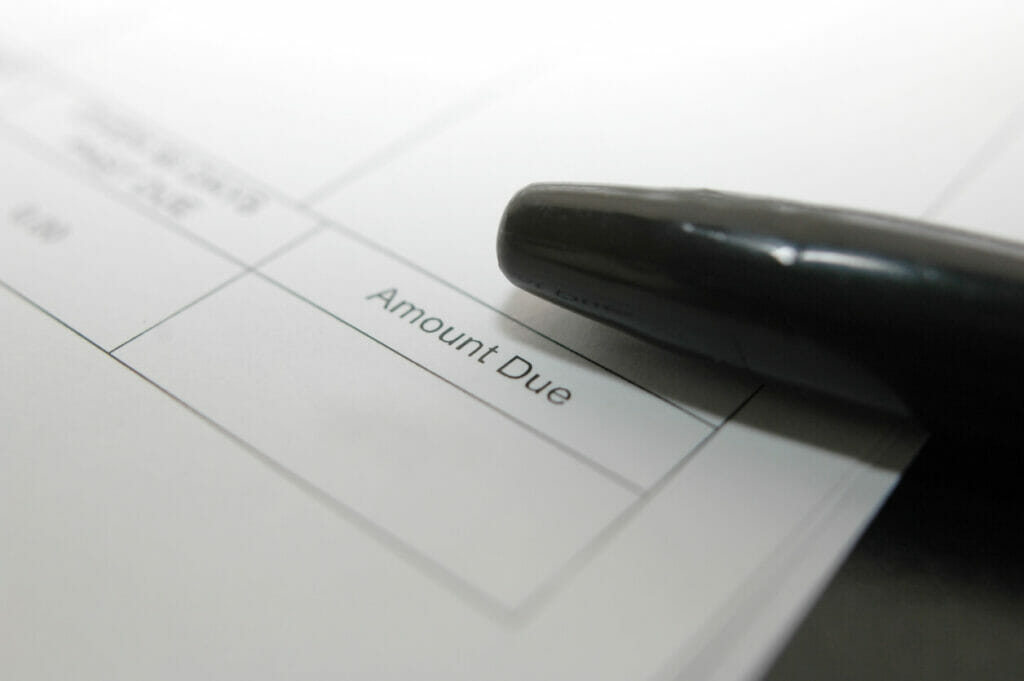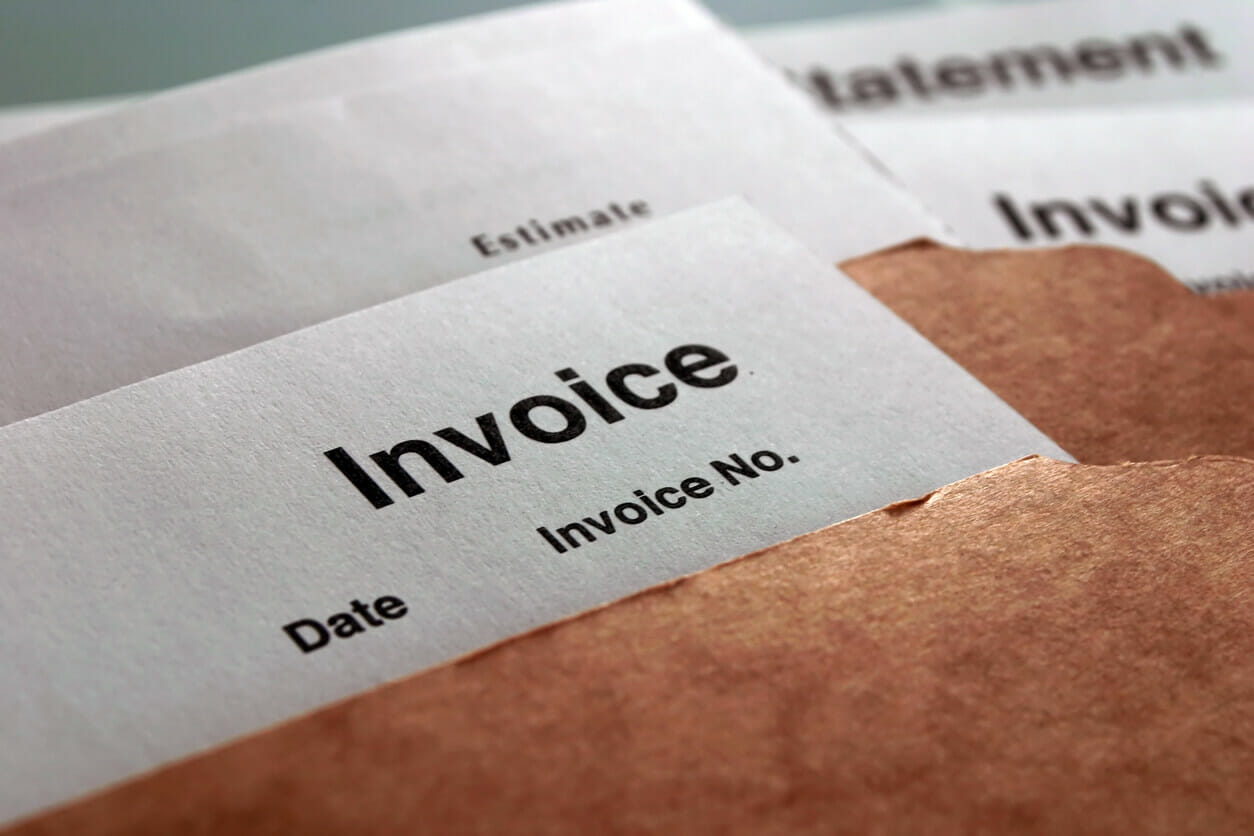If you are a property manager or board member, there’s a good chance you fall into 1 of 2 categories:
- I am passionate about accounting and accurately tracking expenses and assets
- Just the thought of maintaining a financial database makes my head hurt
If you fall under category 2, this article is for you. We’ll explain the difference between accounts payable and accounts receivable, and why they both matter to condos/HOAs.
Table of Contents
- What is property management accounting?
- Accounts payable vs. accounts receivable
- Accounts payable
- Accounts receivable
- Recording accounts payable and accounts receivable
What is property management accounting?
Property management accounting is the documentation of financial activity for the purpose of reporting. It’s a vital part of managing any corporation or association. Keeping a record of your association’s cash flow is the only way your team will be able to know where the community stands financially.
Accounting for property management is relatively similar to accounting for any other business. However, since condos and HOAs are non-profit organizations, managers should not be concerned about having more revenue than expenses. The community should be spending/saving just about as much as it’s bringing in.
In addition to keeping accurate financial records for their own interests, condos and HOAs must use them to file taxes. That’s one big reason why communities need a standardized and organized system for tracking where their money is generated and what they spend it on.
Both accounts payable and accounts receivable are important elements of property management accounting. They measure the money leaving the corporation/association, and the money coming in. Both are recorded in the community’s general ledger; one as a liability account and the other as an asset account.
Accounts payable vs. accounts receivable
Accounts payable (AP) is money owed by a condo/HOA to a supplier, vendor or creditor. Accounts receivable (AR) are funds that the condo/HOA expects to receive from owners and residents.
Below is a simple chart to illustrate the difference between the two.
| Accounts Payable | Accounts Receivable |
| Money to be disbursed | Money to be received |
| Recorded as a current liability on a balance sheet | Recorded as a current asset on a balance sheet |
| Invoice sent to condo/HOA | Invoice sent to owner/resident |
| Recognized as a liability until paid | Recognized as income unless written off |
Mismanagement of either account can adversely affect the stability and well-being of the community. From a process perspective, the recording of the two accounts needs to remain strictly separate. Experts would recommend having different teams manage the two accounts in order to reduce the risk of fraud.

Accounts payable
It sometimes helps to think of accounts payable as a form of credit extended by a vendor or supplier, with a service being provided first and payment collected after the job is done. AP items appear as a liability on the corporation’s/association’s balance sheet.
AP expenses are typically documented upon receipt of an invoice, based on the payment terms that the parties agreed to before the vendor started the service or job requested by the condo/HOA.
Days payable outstanding
A key metric condos/HOAs may consider tracking is days payable outstanding (DPO). This metric shows the average number of days it takes the corporation/association to make payments to vendors, and indicates how the condo/HOA is managing cash flow and vendor relationships.
Accounts receivable
Any money owed to the corporation/association is documented under accounts receivable. Usually, this money comes from residents paying assessments, dues or fees. Vendor credits and late fees are also logged under AR. The amount of money owed to the condo/HOA appears as an asset on the association’s balance sheet.
Some associations will mark payments as 30, 60, and 90+ days past due. This way, the people looking after AR know which outstanding balances require serious attention, and which ones are less urgent.
With AR software, it is possible to schedule automatic notices if residents fail to make a payment on time. The notice is delivered through email so that the issue can be addressed as quickly as possible. It also reduces some manual work for the people in charge of collecting late payments.
Accounts receivable turnover ratio
When it comes to measuring AR metrics, tracking the receivable turnover ratio is a good place to start. This will help condos/HOAs understand how efficiently and quickly the community is converting its account receivables into cash within a certain timeframe.
Current ratio
Sometimes referred to as working capital, this is a measure of liquidity. This determines how capable the condo/HOA is of paying one-time or short-term costs with the available cash (or other liquid assets that can be converted into cash) within a year. If the community always has less money than it needs to cover expenses, then that is a sign that it needs to either work on getting more residents to pay on time, or look at where it can improve the budget.
Recording accounts payable and accounts receivable
Those responsible for AP and AR may use 1 of 3 recording methods.
Accrual accounting
Accrual accounting requires the condo/HOA to report expenses as soon as they are incurred, and revenues when they are earned. The Accrual Basis is the only method that complies with the Generally Accepted Accounting Principles (GAAP). Therefore, it’s the only method communities can use for official recording and reporting.
Cash-basis accounting
Using this method, condos/HOAs only report expenses once money has been taken out of the community’s bank account. Revenues are only recorded when the cash has come in.
Cash-basis accounting doesn’t conform with GAAP, meaning it cannot be used when preparing official financial statements. However, it can still be used for interim reporting.
Modified accrual accounting
The Modified Accrual Basis (sometimes referred to as the Modified Cash Basis) is a combination of the first two methods. This practice uses the Accrual Basis for documenting revenues, and the Cash Basis for logging expenses. Like cash-basis accounting, this method does not conform with GAAP. For this reason, it can only be used for interim or unofficial reporting.
If you are ever in doubt about your record-keeping processes, do not hesitate to solicit help from a professional, licensed accountant.
Conclusion
Accounts payable and accounts receivable are two very important components of property management accounting. They help boards and managers keep track of money coming and money going out.
Since condos/HOAs are non-profit organizations, there should not be a heavy focus on generating significantly more revenue than what’s being spent and put away in savings. Many communities are satisfied to break even.
AP and AR software can make financial documentation much easier for condo and HOA communities. Not only does it digitize records, but it speeds up processes and keeps community data more secure.
Software can also help to reduce human error, which in turn creates less work for staff and helps ensure accurate payments are sent and received on time.























